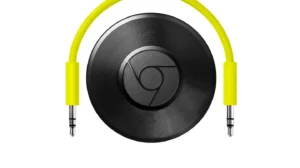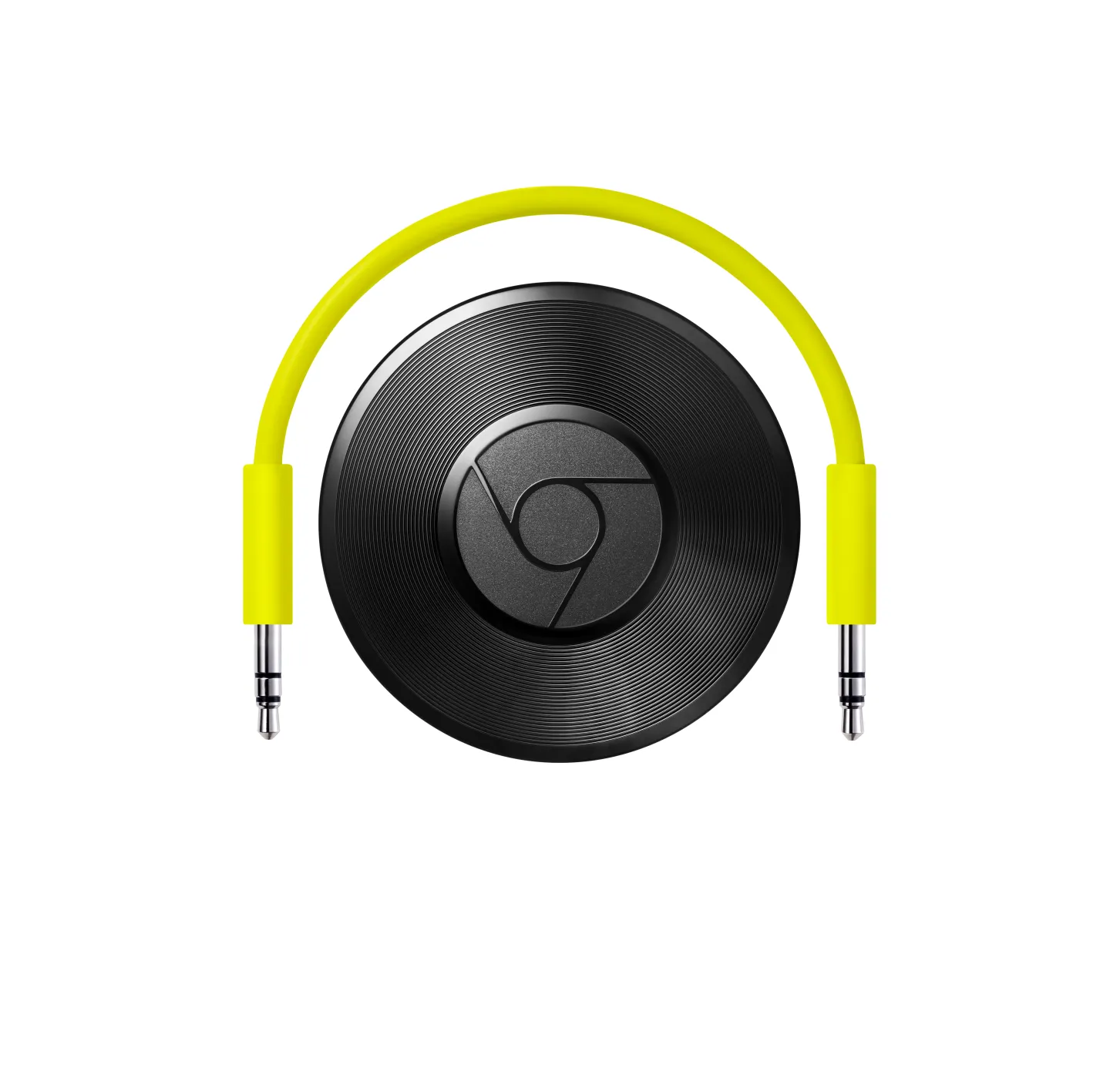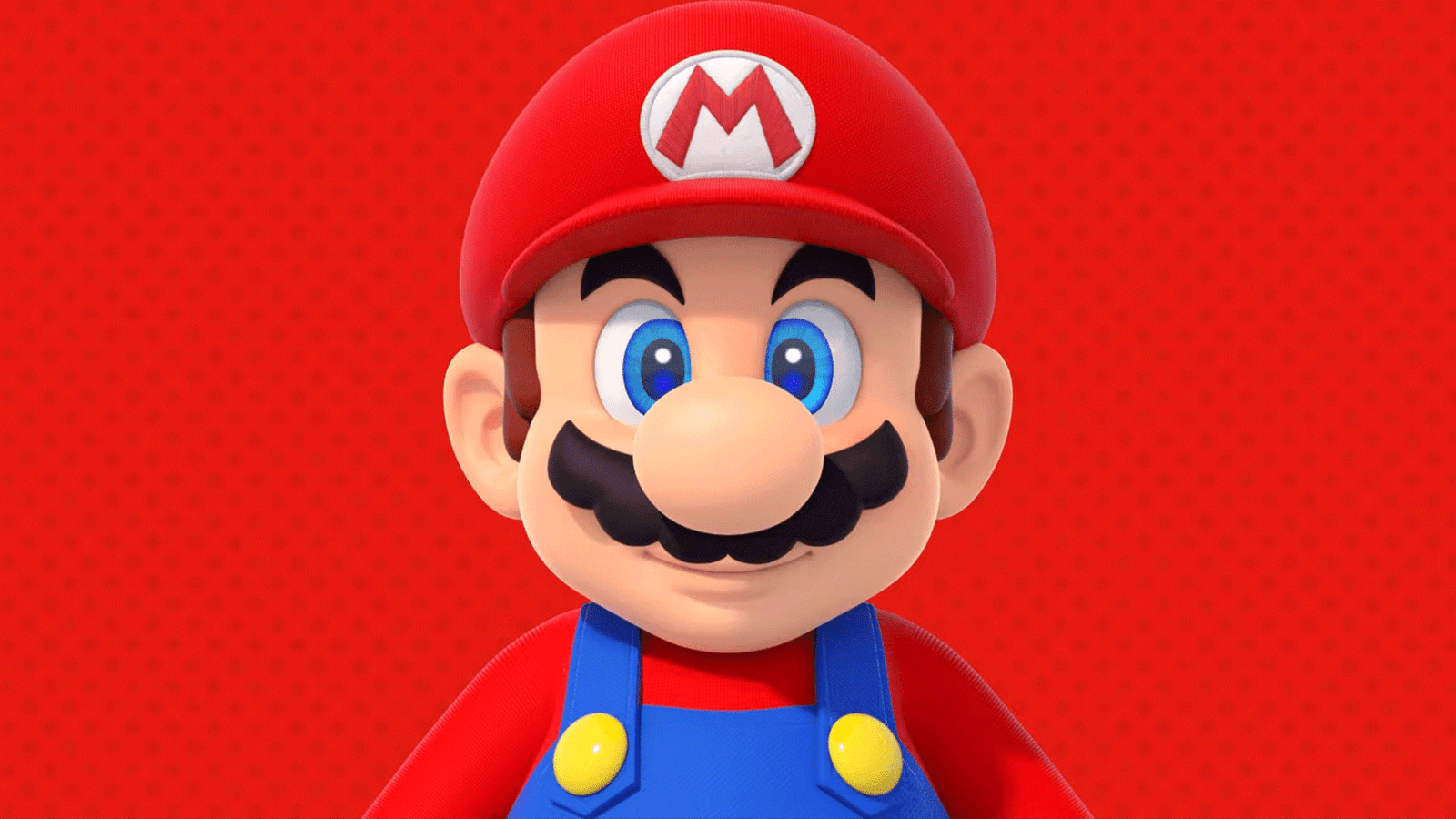Taxi aggregator Ola has made an application to register under the city taxi initiative of the government of New Delhi. The company is facing stiff competition from UBER in India. Both the companies are constantly struggling to overtake each other.
While Ola has applied for the license, Uber has gone to the court demanding amendments in the city taxi scheme. The former applied to register itself on 1st June under the name “Ola Fleet”. Being one of the top markets for the cab aggregators, New Delhi is set as a priority in the maps of both the companies.
Just a month ago in Bangalore, Ola became a licensed “on-demand transportation aggregator” in the city. On the other hand, Uber was rejected a license citing incomplete or inadequate paperwork.
These sudden attempts to bring regulations to the online cab aggregators was triggered by an incident in the capital of India. On the month of December in the year 2014, a 27-year-old financial executive was allegedly raped by a driver associated with Uber in New Delhi.
The incident brought forward the need to regulate and bring more safety to the customers of the app-based taxi operators. Various state governments are trying to develop a set of rules and regulations to be employed upon the online app-based cab operators.
The Delhi government is also trying to solve another issue with the online cab operators. That is the “Surge Pricing”, which is present in both Uber and Ola. Surge Pricing helps both the companies to increase the fare of their cabs with the increase in demand. This is totally in the hands of the aggregators themselves, and they sometimes increase the rate unbelievably high.
Ola plans to be on the safe side by accepting the rules and regulations laid down by the New Delhi government. While Uber’s policy is to fight in the court to get back some of the rights. The normal taxis and auto-rickshaws of the national capital have been consistently demanding action against the online app-based operators due to their loss of customers.
The city taxi scheme was started by the government of Delhi to regulate the online cab aggregators in the city. According to the rules laid down by the initiative, a single license owner can only take in a maximum of 2,500 cars in their platform. All the car also needs to feature GPS connectivity, controlled and transparent fare policy, taxi meters and much more.

















